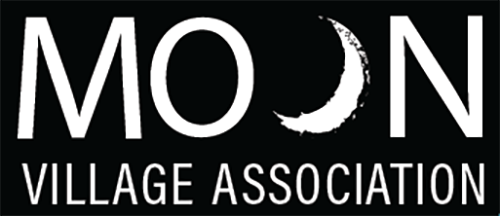
- This event has passed.
Cultural WG & Lunar Human Physiology & Biology WG webinar: Microgravity and Human Health
January 23, 2024 @ 17:30 – 19:00 CET
Co-organised by Cultural Considerations WG & Lunar Human Physiology & Biology WG
With
Elisa Raffaella Ferre, Birkbeck University, London
The Next Small Step: How Microgravity influences Brain and Behaviour
Thais Russomano, Co-Founder & CEO, InnovaSpace-UK
Space Medicine: Challenges and Achievements
Register for free to participate
About
Space travel involves, as is known, considerable physical risks for those who undertake it. Long-duration missions have allowed scientists to thoroughly study the effects that prolonged stay in zero gravity, with limited possibilities of movement and exposure to significant amounts of solar radiation, has on the human body. Apart from the initial discomfort due to space adaptation syndrome (SAS), which involves nausea, headache and lethargy for a few days, the astronauts showed muscle atrophy, osteopenia, alterations in the production of red blood cells, cardiovascular dysfunction, reduction in effectiveness of the immune system, sleep disorders, etc. Moreover, studies conducted in extreme environments on Earth have highlighted numerous possible psychological problems such as stress, boredom and many other factors on safety, efficiency and quality of life in space. This webinar intends to take stock of the progress made by medicine and neuroscience to overcome the serious physical and psychological imbalances associated with life in microgravity.
Speakers
Prof Elisa Raffaella Ferre has completed a Bsc, a Msc, and a PhD in Psychology at the Università degli Studi di Pavia (Italy). She was a Postdoctoral Fellow at the Institute of Cognitive Neuroscience at University College London (UK), then she took up her first faculty position at Royal Holloway University of London (UK). In September 2021, she joined Birkbeck University of London (UK), where she established the Vestibular Neuroscience Laboratory and presently holds the position of Professor of Cognitive Neuroscience. She holds the position of Co-Coordinator for the UK Space Life and Biomedical Sciences Association (UKSpaceLABS) and serves as the elected Secretary for the European Low Gravity Research Association (ELGRA). She is engaged in collaborations with ESA Education and with United Nations Space Office for Outer Space Affairs (UNOOSA) Access to Space for All initiatives. She acts as mentor for the UNOOSA Space4Women initiative.
Prof Thais Russomano, MD, MSc, PhD, FRSA has +30 yr of experience in Aerospace Medicine, Space Physiology, Telemedicine & Digital Health. She is an MD from Brazil, specialised in internal medicine, has an MSc in Aerospace Medicine (USA) and PhD in Space Physiology from King’s College London (UK). She worked as a researcher at DLR, Germany, before establishing and coordinating the Microgravity Centre, PUCRS for 18 years. She is academically linked to several universities, is an Elected Academician of the International Academy of Aviation and Space Medicine and the International Academy of Astronautics (Board of Trustees). She is a Board Member of companies, holds patents related to Space Sciences, has numerous scientific publications and has acted as a voluntary Mentor for Space4Women, an initiative of the UNOOSA. She is also Co-Founder & CEO of InnovaSpace-UK and the Chair of the recently established Lunar Human Physiology and Biology Working Group in MVA.
